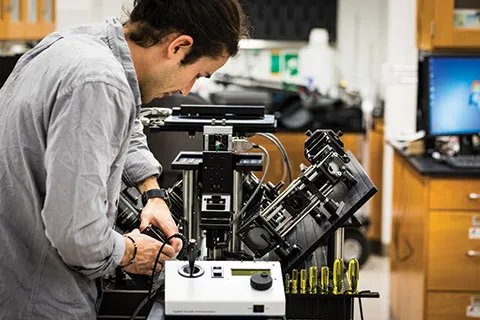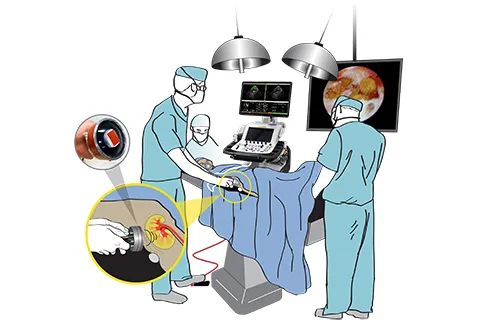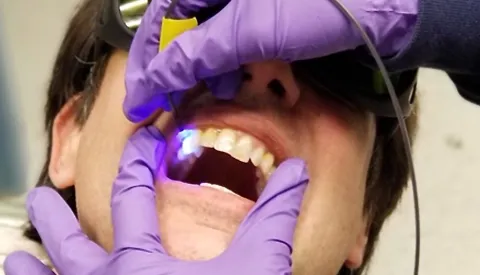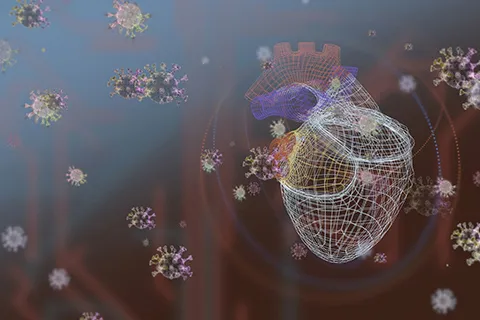There has never been a more opportune time for researchers, engineers, clinicians and entrepreneurs to contribute to the development of health technology for the purpose of lowering costs and improving the quality of care.
Our programs and partnerships bridge boundaries between engineers and health-care practitioners by integrating research, student projects, clinical practice and commercialization to train leaders in health-care innovation. The new technological solutions being developed in our labs will help improve the quality and efficiency of healthcare while reducing costs.
UW Mechanical Engineering has a rich history of advancements in biomechanics and health technologies, thanks to the work of pioneers in the field, including emeritus faculty Colin Daly and Albert Kobayashi and alumni Wayne Quinton and Savio Woo. Today, roughly half of ME’s core faculty do research in this area.
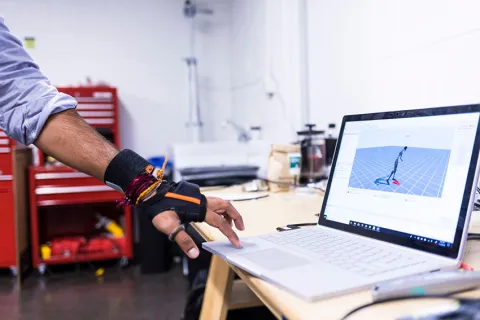
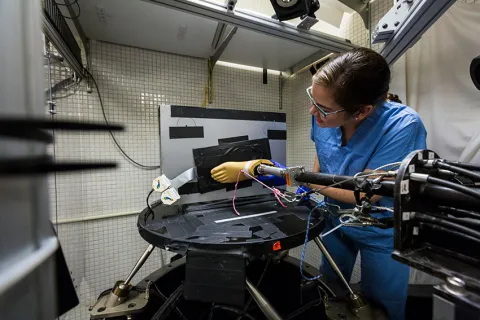
Key research areas
- Assistive design technology and accessible design
- Biomechanics, biotechnologies and human movement
- Bio-microelectromechanical systems (BioMEMs), cell mechanics and nanotechnology
- Blood, tissue and organ interaction
- Cryopreservation and biobanking technologies
- Innovation in health and biomedical device development
- Nano and biologically inspired robotics
- Photonics – diagnostic imaging, surgical guidance and laser therapy
- Point-of-care diagnostics
- Prosthetics, orthoses and exoskeletons
Research highlights
ME researchers are advancing cancer detection and treatment through innovations in nanorobotics, optical technologies and biomedical diagnostics.
Engineering Innovation in Health is a year-long program in which engineering students and faculty partner with clinicians to design medical devices aimed toward lowering costs and improving care.
Focused on amplifying human and robotic interaction, the AMP Lab advances understanding of the dynamics and control of movement to design treatment strategies and assistive technologies that improve function and quality of life.
ME’s 15-year partnership with the Seattle VA’s Center for Limb Loss and MoBility has resulted in hands-on research opportunities for students and has helped propel UW biomechanics research in new directions.
Award-winning student projects
MedsForAll, an affordable alternative to the epinephrine auto-injectors currently on the market, developed for communities worldwide.
MistEase, a device that makes it easier for elderly people with glaucoma to administer their eye drops.
PlayGait™, a pediatric exoskeleton that helps children with gait disorders walk more, so they can build muscle strength and increase independent mobility.
